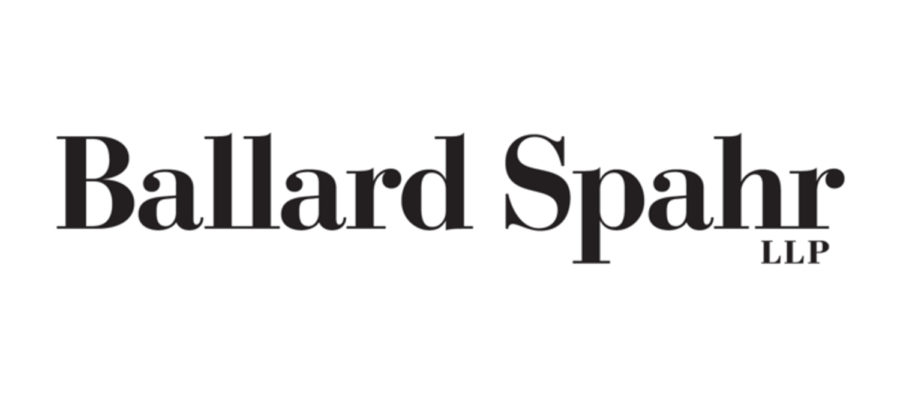Pitt paid almost $240K to “union avoidance” law firm in recent years
Philadelphia-based firm Ballard Spahr provided legal support during the graduate student and faculty movements for unionization.
May 14, 2019
A “union avoidance” law firm received a large windfall of legal fees from Pitt, according to previously unreported University financial disclosure reports.
Pitt’s Office of University Counsel paid Philadelphia-based Ballard Spahr $239,061 in fees between the summers of 2016 and 2018 to provide legal support during the separate graduate student and faculty campaigns for unionization.
According to its website, Ballard Spahr can “advise on employer rights and responsibilities during the critical pre-election period” and “work closely with management to design and carry out an effective election campaign.”
Grad students voted against unionization in a mid-April election by a vote of 712 to 675 — a margin of 37 votes. But union organizers have called for a new election, accusing the University of “unfair labor practices” that influenced the election. The objections culminated in a two-day hearing held early this week by the Pennsylvania Labor Relations Board to rule on the organizers’ accusations.
The annual financial disclosure reports are required by Pennsylvania’s education regulations, the Public School Code of 1949, which mandate that state-related universities provide a list of all goods and services contracts which exceed $1,000 in price every fiscal year. They show the University paid Ballard Spahr $20,555 in 2015, $73,922 in 2017 and $144,584 in 2018.
A list of expenses for the most recent reporting period — July 1, 2018, to June 30, 2019 — is due to Commonwealth officials by the end of the calendar year.
Pitt spokesperson Joe Miksch said Ballard Spahr has provided expertise in numerous areas over the last 10 years.
“They are one vendor among hundreds that we maintain partnerships with,” Miksch wrote in an email. “This vendor network plays a key role in helping the University meet its mission of leveraging knowledge for society’s gain while also efficiently addressing specific issues affecting students, faculty and staff.”
Miksch did not respond to questions on how much of the money paid to the firm was related to unionization efforts, as well as whether or not any student tuition money was used for the fees.
Abby Cartus, a union organizer and graduate student in epidemiology, said the payments to Ballard Spahr are an example of the University “wasting” resources that could have gone to students.
“It is a disgrace that the University has already spent nearly a quarter million dollars on union-busting lawyers to prevent its own employees from having a say in their workplace, while increasing tuition for in-state students by nearly 5 percent over the same period,” Cartus wrote in an email. “This is simply another example of the University wasting valuable resources to fight an unnecessary battle to silence its own workers.”








